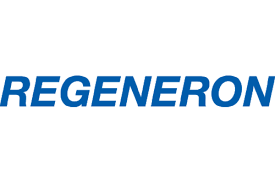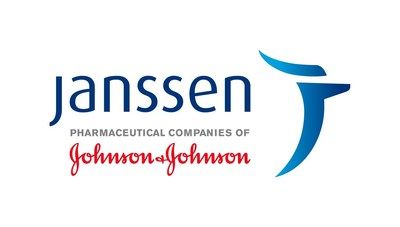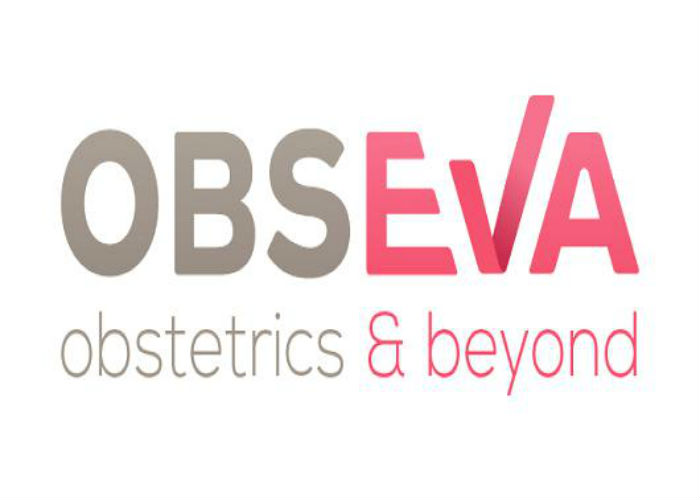Regeneron’s cocktail antibody, REGN-COV2; J&J’s manufacturing-spree; ObsEva’s Yselty top-line studies
Jul 07, 2020
Regeneron Pharmaceuticals launches the Phase III trials of REGN-COV2 for treatment and prevention of COVID-19.

Regeneron is running two trials simultaneously, one for prevention and other for treatment, with the U.S. National Institute of Allergy and Infectious Diseases (NIAID). Phase III trial is studying if the cocktail antibody has the pre-emptive potential and can prevent the SARS-CoV-2.
The drug is also undergoing the Phase II/III portion of two adaptive Phase I/II/III trials that are evaluating REGN-COV2 in treating hospitalized and non-hospitalized patients with COVID-19.
Downloads
Click Here To Get the Article in PDF
Recent Articles
- FDA Grants Orphan Drug Designation for Ractigen’s RAG-21 in ALS; Intellia’s Nexiguran RMAT for AT...
- FDA’s No to Intercept’s NASH Drug; Roche’s Phesgo gets approval; Gilead’s Remdesivir pricing
- Amgen to acquire Rodeo for $55M; Novartis expands radioligand portfolio; Organon acquires Alydia ...
- Celiac vaccine trial; New discovery in Nicotine; Nabriva lines up FDA filing; Rare Disease drug d...
- GE and Medtronic’s Collaboration; Vivalink’s Multi-Vital Blood Pressure Patch; Foldax...
REGN-COV2 is the company’s cocktail therapy of two most potent, non-competing antibodies developed using the company’s proprietary VelocImmune mice and manufacture in numbers using VelociMab and manufacturing capabilities. The antibody-duo is believed to be the most effective in neutralizing the effect of SARS-CoV-2 and is under evaluation for the COVID-19 treatment and prevention.
The cocktail therapy is another shot company is trying after a few days back, the decision of Regeneron and Sanofi to terminate the trials studying Kevzara, a rheumatoid drug after it failed to meet primary endpoints in phase III study and flopped to bring any clinical benefit to ventilated COVID-19 patients.
Janssen Pharmaceutical announces five-year manufacturing services deal with Emergent BioSolutions for manufacturing its Ad26.COV2-S COVID-19 vaccine.

The five-year USD 480 Million deal gives Emergent rights to handle contract development and manufacturing (CDMO) services and is an upgrade of earlier announced USD 135 Million deal which involved the manufacturing of more than one billion doses of the COVID-19 vaccine candidate.
After J&J announced its success in identifying a lead vaccine, Ad26.COV2-S, built using company’s AdVac recombinant technology, the company has set out on a manufacturing spree, spending enormous amount in reserving space to enable manufacturing of its vaccine candidate in excess. The company is planning to proceed with the clinical trial in September this year.
J&J has also announced the expansion of its deal with New Jersey-based Catalent Solutions, which earlier include fill-finish and packaging duties for the University of Oxford’s adenovirus-based COVID-19 vaccine, AZD1222.
ObsEva announces the top-line results from the pivotal PRIMROSE 1 and 2 Phase III trials of Yselty (linzagolix) for uterine fibroids.

In the study PRIMROSE 1, the drug met the primary endpoint at week 24, and the new data from PRIMOSE 2 demonstrated sustained efficacy and toleration of the drug at week 52.
In both the studies, the results showed a statistically significant and clinically meaningful reduction in menstrual blood loss compared to placebo along with the drug meeting several secondary endpoints such as a decrease in pain, improvement in anemia and quality of life.
Yselty, the drug was initially developed by Kissei and was out-licensed to ObsEva in 2015. The company is evaluating the drug, which is a novel, once-a-day, oral GnRH receptor antagonist, for heavy menstrual bleeding associated with uterine fibroids (a growth of benign tumor of the muscular tissue of the uterus) and pain associated with endometriosis.
The company plans to file for regulatory submissions to the US FDA in the first half of 2021 and the EMA in the fourth quarter of 2020.
Downloads
Article in PDF
Recent Articles
- FDA Approves Ascendis Pharma’s YORVIPATH; ARS Pharma Gets FDA Green Light for First Nasal Spray; ...
- Ipsen’s Cabometyx Rejected by NICE; Vertex and CRISPR Therapeutics’s Submit BLA to the FDA for ex...
- STipe raises USD 22M; FDA approves Darzalex for multiple myeloma
- MorphoSys, Incyte receive FDA Ok for Monjuvi; Siemens Healthineers set to buy Varian; ImmunicR...
- The epidemic now has a name: COVID-19



